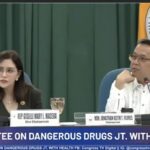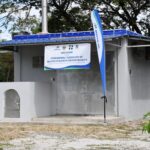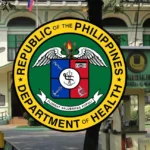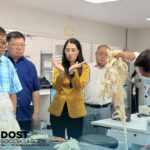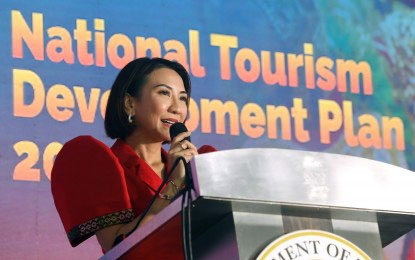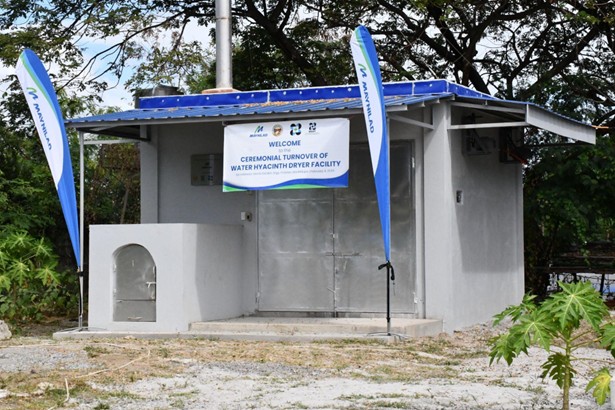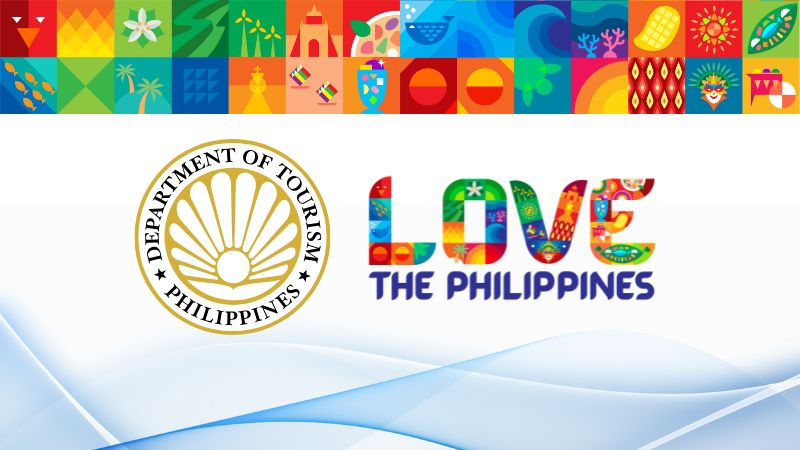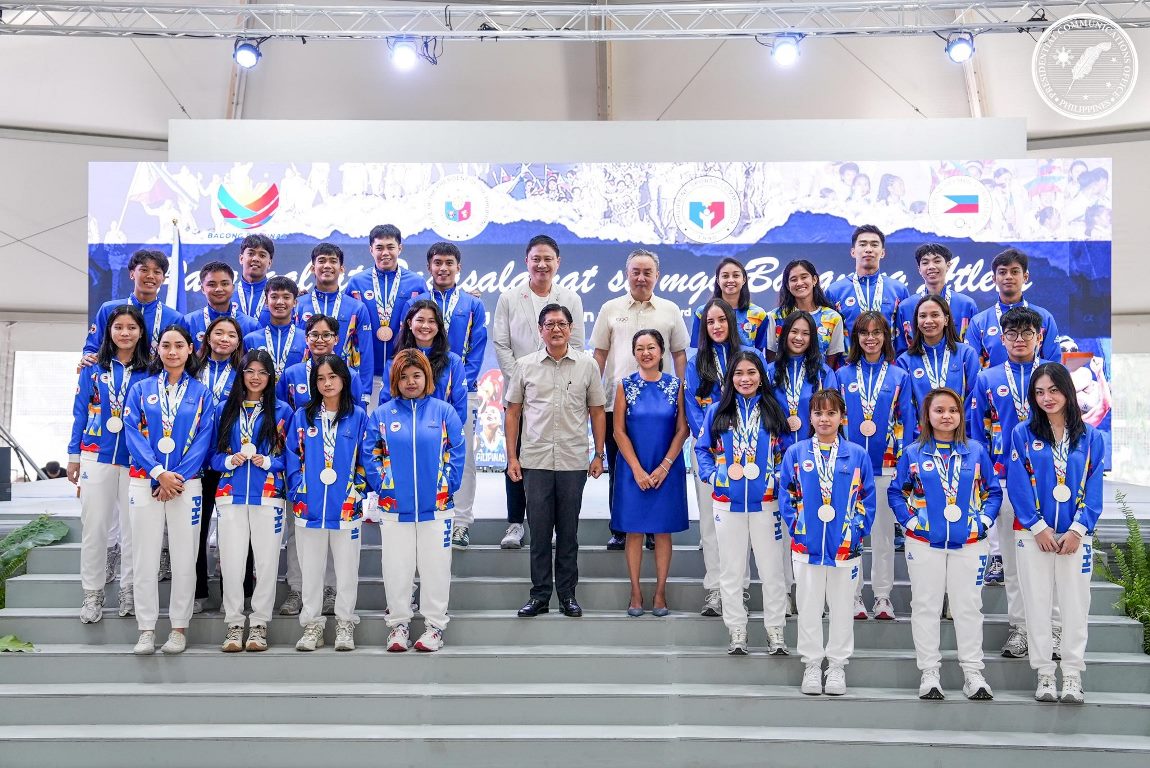The Department of Tourism (DOT) projects the Philippines to become a tourism powerhouse in Asia in the next five years.
At the unveiling of the 2023-2028 National Tourism Development Plan (NTDP) during a tourism stakeholders’ summit in Manila, DOT Secretary Christina Frasco said they envision to “establish a Philippine tourism industry anchored on Filipino culture, heritage and identity, which aims to be sustainable, resilient and competitive to transform the Philippines into a tourism powerhouse in Asia.”
The roadmap has identified seven measures to achieve this goal, with improving tourism infrastructure and accessibility as among the priorities.
Frasco said the overall target is the “transformation of the tourism industry of the Philippines, which is why we have embarked on the objective of not just focusing on the promotion of tourism but more importantly on the development of the industry from the ground up, focusing not just on our key destinations, but also on our emerging and lesser known destinations.”
“We can only truly transform the Philippine tourism industry if we address the prevailing challenges we face continually across in all our regions,” she added.
On connectivity, Frasco said DOT is working with the Department of Transportation to negotiate more routes for air and sea travel.
Under the NTDP, she said DOT would focus on digitalization; enhancement of the overall tourist experience by incentivizing sustainable travel, and improving safety and security in destinations, among others.
She said DOT would also tap local government units in developing more tourist sites and linking emerging ones to key destinations, while the government increases investments in creating “high-value” tourism experiences.
Frasdco announced the launch of the Philippine Tourism Experience Program next May, which aims to highlight heritage and culture that are unique to every region in the country. The program, she said, will be piloted in Davao, Ilocos Region, Bicol and Calabarzon, and will include three to five-day tour packages that will allow tourists to experience both well-known and lesser-known destinations in said regions.
She presented the salient points of the NTDP before the country’s top tourism players. The roadmap was first previewed during the Tourism Coordinating Council (TCC) meeting convened in February and would be submitted to President Marcos for approval within the month.
“This NTDP will serve as a blueprint for the strategies on how the DOT intends to continue and to grow the impact of tourism upon our economy in the next few years. This will be the guidebook of the industry where we put in place mechanisms for sustainability for many many years to come,” Frasco sstressed.
The DOT Secretary noted that, even prior to the NTDP finalization, they have closely collaborated with tourism stakeholders in carrying out the President’s vision through its various plans and programs, citing the most recent awards and nominations received by the Philippines and its tourism destinations.
The DOT has yet to reveal arrival targets for the next five years but said it seeks to reach 4.8 million in foreign visitors by end of 2023.
This follows the positive momentum set in 2022, which successfully closed with 2.65 million visitors that translated to P214 billion or roughly USD4 billion in estimated revenues.
“The momentum for recovery and growth has begun. We’ve eased our restrictions. We’ve continued to aggressively promote our destinations through the DOT’s constant and unyielding presence in various exhibits in the Philippines and all over the world. People are traveling now, and are traveling with a vengeance,” she noted.
“By promoting the Philippines through the biggest international tourism and trade fairs across Asia and Europe, we re-introduce the Philippines to the world, and bring no less than the best of the best of the country and the Filipino people,” Frasco added.
House Committee on Tourism Chair, Rep. Eleandro Jesus Madrona, who was present at the event, expressed full support to DOT noting that the Congress is reviewing the 2009 Tourism Act to give it ample power “to be on top of the funding for tourism industries.”
Madrona said the National Tourism Summit “is a testimony to the fact that DOT does not rest on its laurels, and we would like to assure you that the outputs, ideas, and recommendations in the National Tourism Development Plan will be used by the House of Representatives as the perfect springboard in generating tourism legislations which are far deeper and productive to the industry.”



